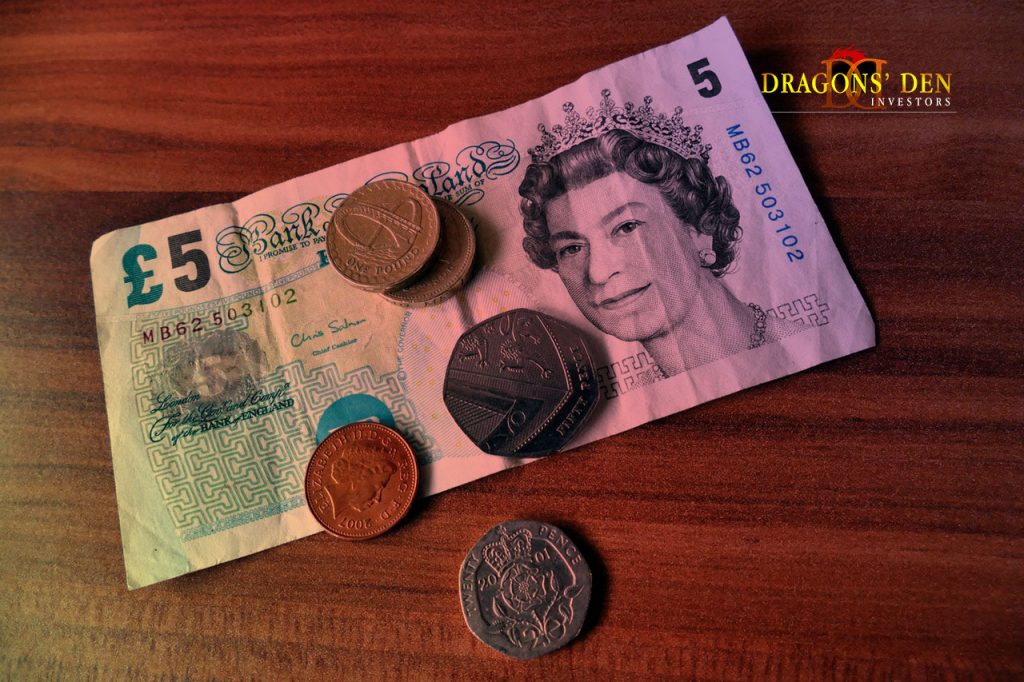
Richard was a laggard whom the school authorities back in Australia his mother country typified as the one whom people tend to forget very easily. But Richard Farleigh was different persona; today he is one among the World’s richest 200 millionaires, who don’t mind losing a million without batting an eye. Richard had enough money to retire at the age of 34, despite having born as one of the eleven siblings of a violent father who never had enough money to feed them. Richard’s childhood was of nomadic type with his being thrown around all over Australia. He was brought up in a foster home along with his sibling. He was confirmed backward but Richard did not give up. He perused his studies with determination and went on to excel in mathematics and chess. Richard was reading economics at the University of New South Wales by winning the national scholarship.
At the age of 23, he was a trader in Sydney working for Bankers Trust, Australia. He continued in the job for next ten years and reportedly earned 70 million US dollars for his employer. In next three years as he shifted to Bermuda to run a hedge fund he earned enough to keep him going for life time. He also made friends with David Norwood, a chess grand master and played a good amount of chess with him as well.
At this point in time, Index IT, a venture capital advisory company was formed by Richard Farleigh and Norwood back in London to fund the commercial proposals collected at the Norwood Investigative Research, Oxford University. He made extraordinary profits by investing in the British IT companies. His estimated wealth now stands around £66million said the Sunday Times Rich list.
In 2006, Richard was invited to participate in the reality investment, BBC 2 television show, Dragons’ Den in its third series. He was the calmest judge ever to have occupied the Den. He was never harsh to the contestants. His approach was analytical rather than condescending. His fundamental approach towards pitcher was always of friend, philosopher and guide.
Richard’s guiding principle to identify a perfect proposal is that a project needs to pay an average return of 20%.annually. A Chilean newspaper says he is one of the most successful private investors in the World. His best fifty investment list includes companies like Clearspeed, Amino Tech, and Wolfsan Micro, all are the best IT companies in UK.
Richard Farleigh follows the four golden rules to pick a winner, which he regularly used on Dragons’ Den. He strongly believes in talking it out with his investees. The proposals which are submitted for investigation, he had learnt during his study of commercial applications at the Oxford University days, does not necessarily require bookish and financial jargons so fondly spoken of by the institutional investors, an anathema to Farleigh. He will talk `little and sensible’ instead of like a Wall Street professional who beats around the bush.
Second most important part of arriving at the decision is `face to face’ due diligence. He called this being methodical. The information that is collected by the investigative team on paper need to be checked at the `one on one ‘talks with the investee, what he calls, over a beer. Richard Farleigh, who can never suffer fools easily, says: ` You know in the first five minutes if it is a waste of time,’.
It is to the credit of Richard Farleigh that he as a millionaire never ever claimed knowledge about everything that is to know in ever field of human endeavor. On the contrary he is critical about those who behaved as the `know all’. Making an investement is all about using cold calculated old style logic, claims Richard Farleigh. Thirdly, he always looked at uniqueness of the proposal. He called this looking for next big thing. It has to be different. The entrepreneur who can convince him of that which separates them from the crowd was his winning scrip. The venture with potential also has to be the one which faces as little competition as possible. Lastly, the people or management team behind the project that makes or break the potential of the venture. This is the single most important factor in determining the success or failure of an enterprise. Farleigh’s friends say to him the winner matters instead of money. He gets a more kick out investing then earning the profits. This approach made him stand out of rest of the dragons on the Dragons’ Den.
In his book, `Taming the Lion: 100 Secret Strategies for Investing ‘published in 2005, he elaborates this approach further. This guide to personal investing for both the amateurs and professionals details various strategies of investing with the help of topics such as markets, risk, comparative advantages, big ideas, small companies, price behavior, market timing and avoiding temptations.
Richard Farleigh was dropped out of Dragons’ Den on May 2007. He expressed his shock and dismay at being treated. His comment to the reporters was more than explicit, he said, ` I am very disappointed and bemused – I wasn’t expecting it because all the feedback I got was very positive’. In fact, he had shifted himself to UK along with the family to focus on the show and its commitments. What hurt him more was his eviction happened because of his color. That is the ethnic criterion was the reason for his being dropped, from the show by the BBC.
Nomination of James Caan, a British Pakistani venture capitalist and founder of Hamilton Bradshaw confirmed Richards’s fear to be true. The economic meltdown in West did hurt the fortune of the Richard Farleigh due to his investment in IT companies. It is estimated that he lost at least £100m in paper fortune during the crisis. But he was always smart enough. His investment in airlines to medical equipments helped to get over the losses. He even made money by investing £2m in decrepit French Embassy mansion in London’s Portman Square, which he later sold for big profits. In Dragons’ Den his most profitable investment was Levi Roots’ Reggae Reggae Sauce which he backed with Peter Jones, he sold his stake a year later earning ten times of his investments.
